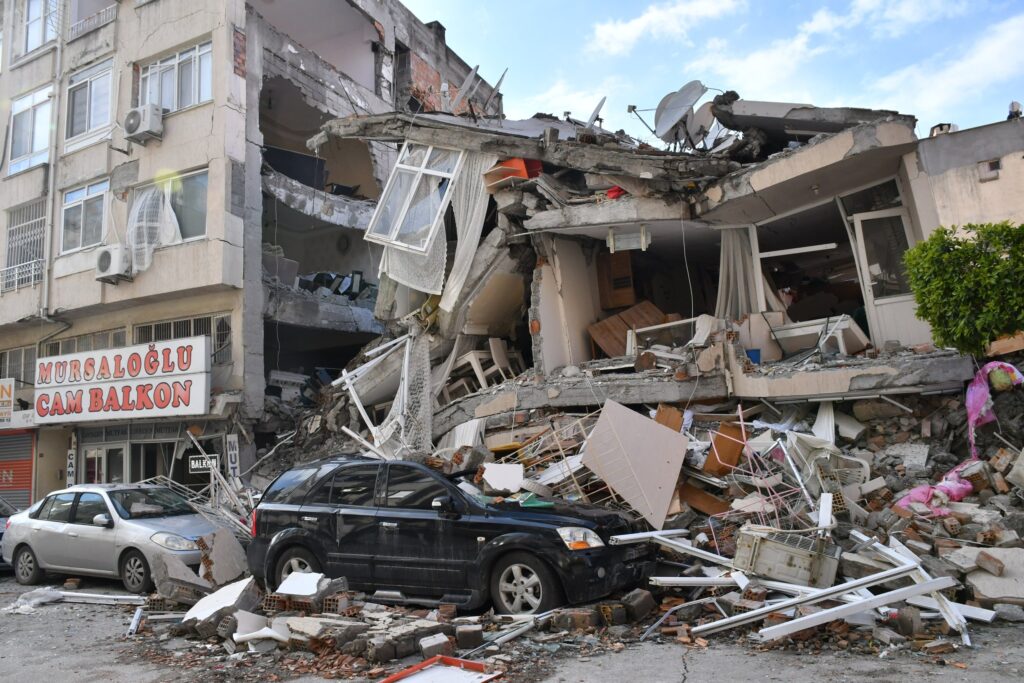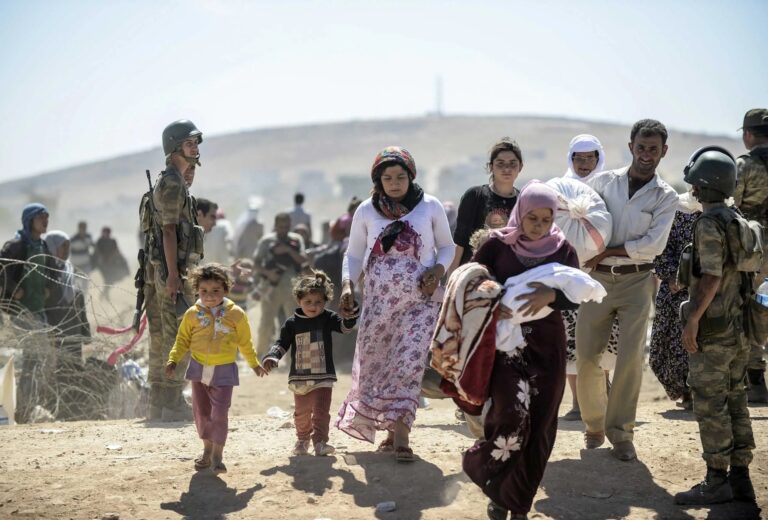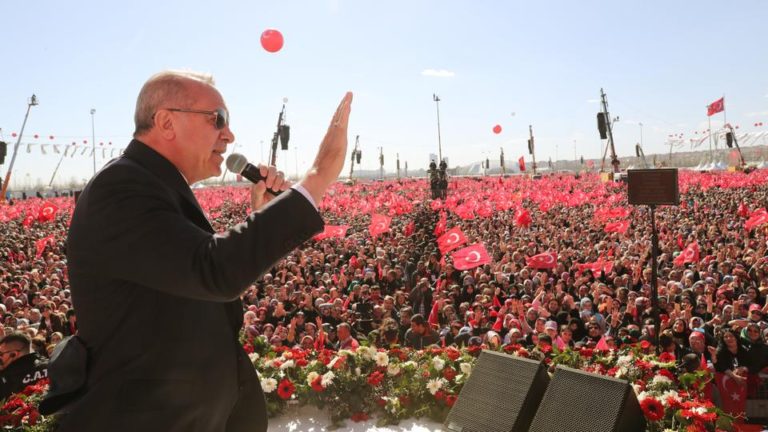
On Feb. 4, 2024, the Turkish Ministry of the Environment warned the country about the risk of another massive earthquake striking Istanbul. Seismic activity has been recorded along the fault lines beneath Turkey’s Pütürge area, meaning that another earthquake is bound to strike sometime in the future. Although seismologists predict it won’t happen until 2030, civilians fear one could strike well before then. With the devastation of the 2023 earthquake—one of Turkey’s worst disasters—still fresh, many fear that when the next one strikes, the government will once again be unprepared.
The lack of presence from military forces and the Turkish Disaster and Emergency Management Presidency during the 2023 Kahramanmaraș earthquake disaster, along with the absence of government support in the aftermath, has led to widespread criticism of the government’s inaction. And, if the government had intended to start taking precautions, they would have done so already. Instead, to maintain their grip on power, the ruling right-wing party spent this critical time shifting blame onto the left-wing local politicians for failing to implement preventative measures.
Meanwhile, local officials, including Istanbul Mayor Ekrem İmamoğlu, argue that weak infrastructure is a major factor that led to 50,000 lives lost in the 2023 earthquake. Already in 2024, İmamoğlu warned that another earthquake is bound to strike again; therefore, the country must devise a strategic plan to prevent the scale of the tragedy from repeating or even worsening.
İmamoğlu has been pushing for institutions in Istanbul to collaborate to strengthen the city’s infrastructure. In his reelection speech, he also pledged to work with the government to improve earthquake preparedness, calling for swift action on projects pending government approval. He insisted that things must change rapidly, or else the country would remain trapped in a cycle of unaddressed devastation.
Despite İmamoğlu’s willingness to cooperate, the government has yet to comply. Instead of prioritizing the public interest by taking early precautionary measures to reduce the country’s vulnerability to earthquake damage, the government is pointing the finger at engineers and architects. Instead of taking accountability and collaborating with the construction industry, they are blaming it for flawed planning and slow results. As İmamoğlu proposed, it would be more beneficial for the government to work alongside contractors, engineers, and architects to create a plan of action that would mitigate the consequences of a future earthquake.
The government has also failed to consider other factors that put civilians at greater risk. The Directorate of Earthquake and Ground Research reported that social inequalities play a significant role in determining how civilians will be affected after such disasters. For example, following the 2023 earthquake, hundreds of Syrian refugees were forced to return to Syria after their homes were destroyed. The Syrian settlements were not built to withstand natural disasters — especially not an earthquake of such high magnitude — leaving the community particularly vulnerable. Although many Syrians remain in the country, due to current developments in Syria, it is unlikely that the government will assist them in strengthening their settlements to withstand future earthquakes.
In the face of an impending earthquake, the Turkish government must address the country’s infrastructure, while considering the social vulnerabilities that place civilians at high-risk. Rather than acknowledging the systematic issues that have contributed to the scale of the destruction, the government has decided to place the blame onto local officials, engineers, and architects. By doing so, it is attempting to deflect scrutiny and weaken the support for the opposing left-wing party. To avoid repeating the consequences of the 2023 earthquake’s devastation, now is a critical time for the government to stop polarizing the country and foster unity by working with local institutions and policymakers.
The Zeitgeist aims to publish ideas worth discussing. The views presented are solely those of the writer and do not necessarily reflect the views of the editorial board.



